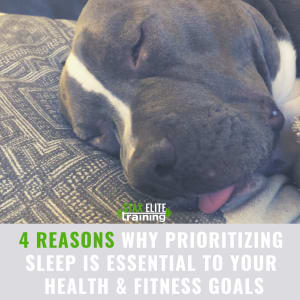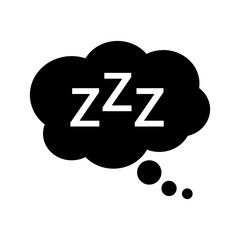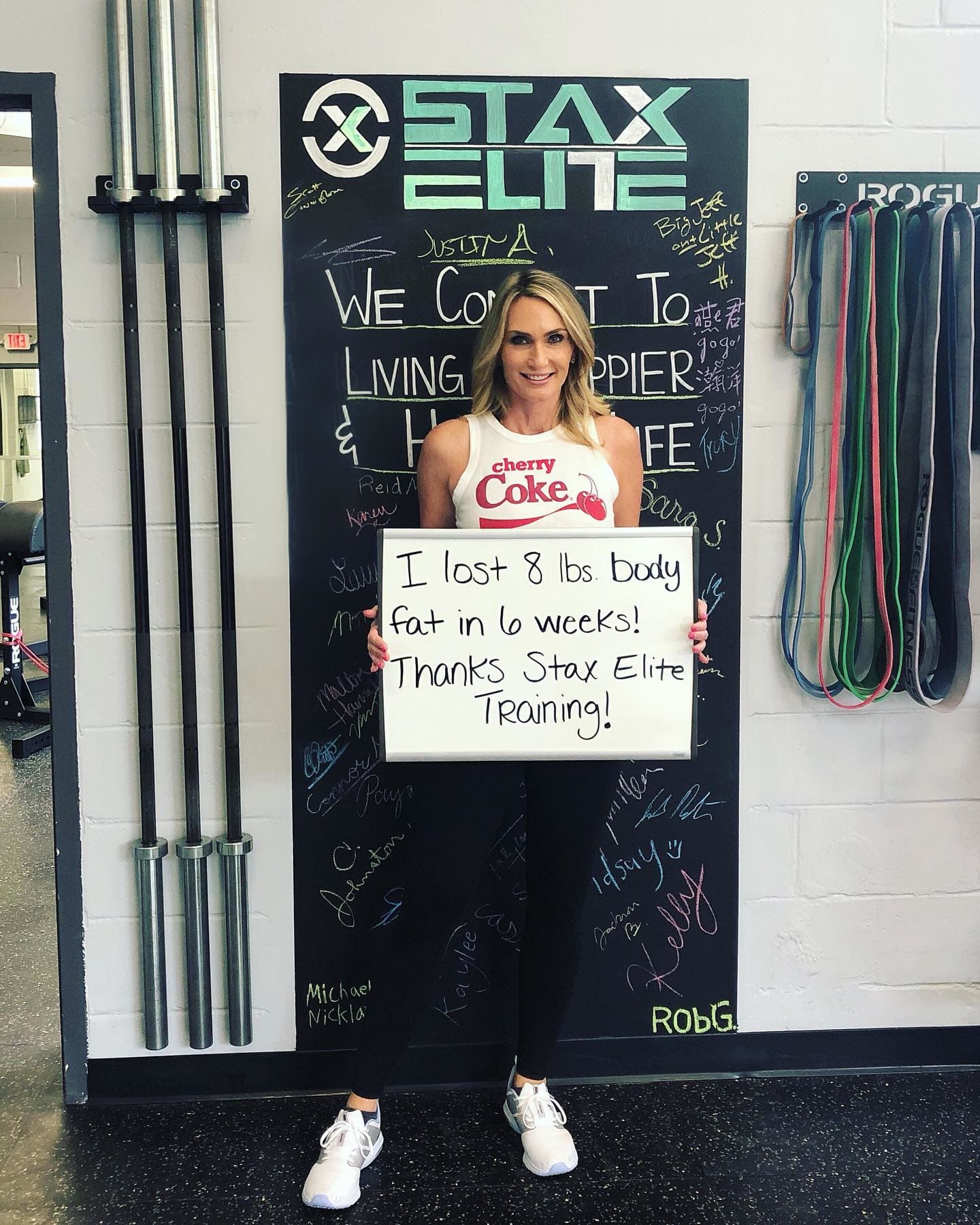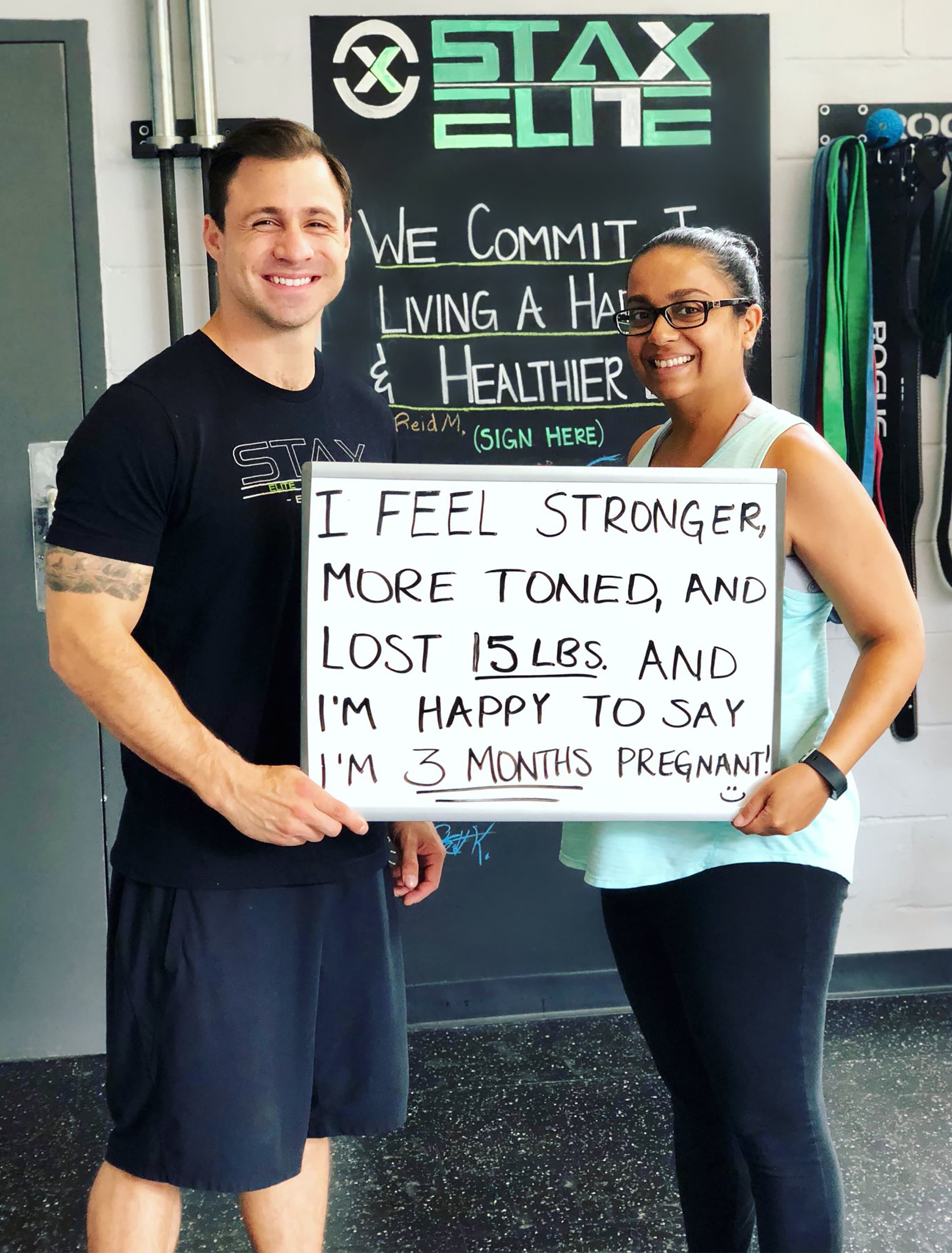
I don't know about you, but back in the days when taking a nap was a required part of your daily schedule (like in kindergarten), it was always the last thing I wanted to do. After all, playing duck duck goose or tag were much more important activities. But now that I'm an adult and "nap time" isn't necessarily a required daily activity, I find myself wishing I was back in kindergarten again, only this time around I would be sure to take full advantage of nap time!
Here's why naps aren't just for toddler's - A good nap can get you out of that mid-day slump, recharge your energy, and leave you more alert and in a better mood. How often do you hear someone tell you, "I had an awesome nights sleep last night!" or "I feel super refreshed and energetic!"? Probably not very often. Feeling sluggish seems to be the new normal in our society, and according to the National Sleep Foundation, it actually IS the new normal. I'm sure it's no surprise that most Americans are sleep-deprived, but not getting enough sleep could be causing you a lot more trouble aside from that pesky lethargic feeling: it could be seriously harming your health.
Why Aren't We Sleeping, Anyways?
Centuries ago, it was very common for people to sleep 8 to 9 hours each day. But now, only about 25% of Americans get 8 or more hours of sleep. The reasons we aren't sleeping are many...we live in a 24/7 society -- practically anything we want to do is available around the clock, from fitness centers to pharmacies to online shopping.
We're working longer hours than ever before, transporting our kids to activities from sun-up to sun-down, at the same time trying to figure out how to make time for friends, working out and our favorite hobbies. And unfortunately, when the heat is on, the first thing we sacrifice is usually our sleep. And it's usually not even a conscious decision to skimp on sleep -- we just get in bed a little later most nights because we're so pressed and overloaded.
But even when we do finally get into bed, we aren't guaranteed sleep. Once again, the fast-pace world we live in seems to take ahold of our minds when we're trying to relax and go to sleep, and all we can think about is the presentation we have to give in the morning, or trying to remember if it's our turn to bring the post game snacks to the kids soccer game this weekend or next weekend. The National Sleep Foundation reports that 60% of Americans have sleep problems -- That means that more than half of us struggle to sleep. And it's taking its toll!
Dangers of Sleep Deprivation
"The foundations of good health are good diet, good exercise and good sleep, but two out of three doesn't get you there"
--Dr. Anne Calhoun, neurology professor, University of North Carolina.
Unfortunately, eating healthy and getting plenty of exercise are simply not enough to make up for the danger that sleep deprivation poses to your health. Adults need around 8 hours of sleep each night, although some studies indicate that only 7.5 hours can be sufficient. Getting less than that can have some serious consequences:
- Risk of Cardiovascular Disease: If you get less than 6 hours of sleep each night and have disturbed sleep, you have 48% greater risk of developing or dying from heart disease and a 15% greater risk of developing or dying from a stroke. Lack of sleep can also cause high blood pressure, blocked arteries, kidney disease and dementia. Those are some serious statistics!
- Obesity: Sleep shortage is directly linked to obesity. When you don't get enough sleep, two powerful hormones that control hunger are disrupted. The result causes you to feel hungrier and have fewer sensations of feeling "full". But without enough sleep you will also feel more stressed, which encourages over production of the hormone cortisol in your body. Excess cortisol causes you to crave high-carbohydrate foods such as potato chips and brownies, and then deposits those carbs as fat around your mid-section -- the most dangerous place to store fat. Pre-diabetes is also a risk for those who don't get enough sleep, and trying to get by on less than 6 hours of sleep per night can cause impaired glucose tolerance.
- Compromised Immune System: Ever wonder why two people can be exposed to the same germs, but only one of them gets sick? It all has to do with the bodies immune system. If your immune system is functioning well, you can keep away many illnesses. But if something causes your immune system to be compromised, like consistent lack of sleep, you'll be much more vulnerable to infections, bacteria, viruses, and even some autoimmune diseases such as arthritis and asthma. When you don't get enough sleep, your immune system becomes stressed and you actually have a decrease in white blood cells, which are the bodies' main immune system defense mechanism. And the white blood cells that still remain in your body are less active and not quite up to par, causing you to get sick more often.
- Impaired Exercise Performance: As if the threat of heart disease, obesity and immune system suppression weren't enough, lack of sleep can negatively impact your fitness efforts. Sleep debt can make your workouts 20 to 30 percent less effective because the struggle to maintain your normal level of workout intensity becomes much, much more difficult. You just won't have the energy or motivation to push through. Also, your muscles repair and rebuild while you sleep, and if you don't allow your body this recovery time, you'll be at a significant disadvantage during your next workout.
Make Time for Sleep
The truth is, if you don't adjust your schedule now to make time for adequate sleep each night, or for a quick (but efficient) nap during the day, you'll most likely be forced to adjust your schedule to make time for some sick days in the near future. To set yourself up for success, remember that it will probably take significant effort to arrange your schedule and priorities to carve out time for more sleep, but the payoff will be well worth it when you see an increase in your overall health, energy and productivity!
Ready for a nap yet??




